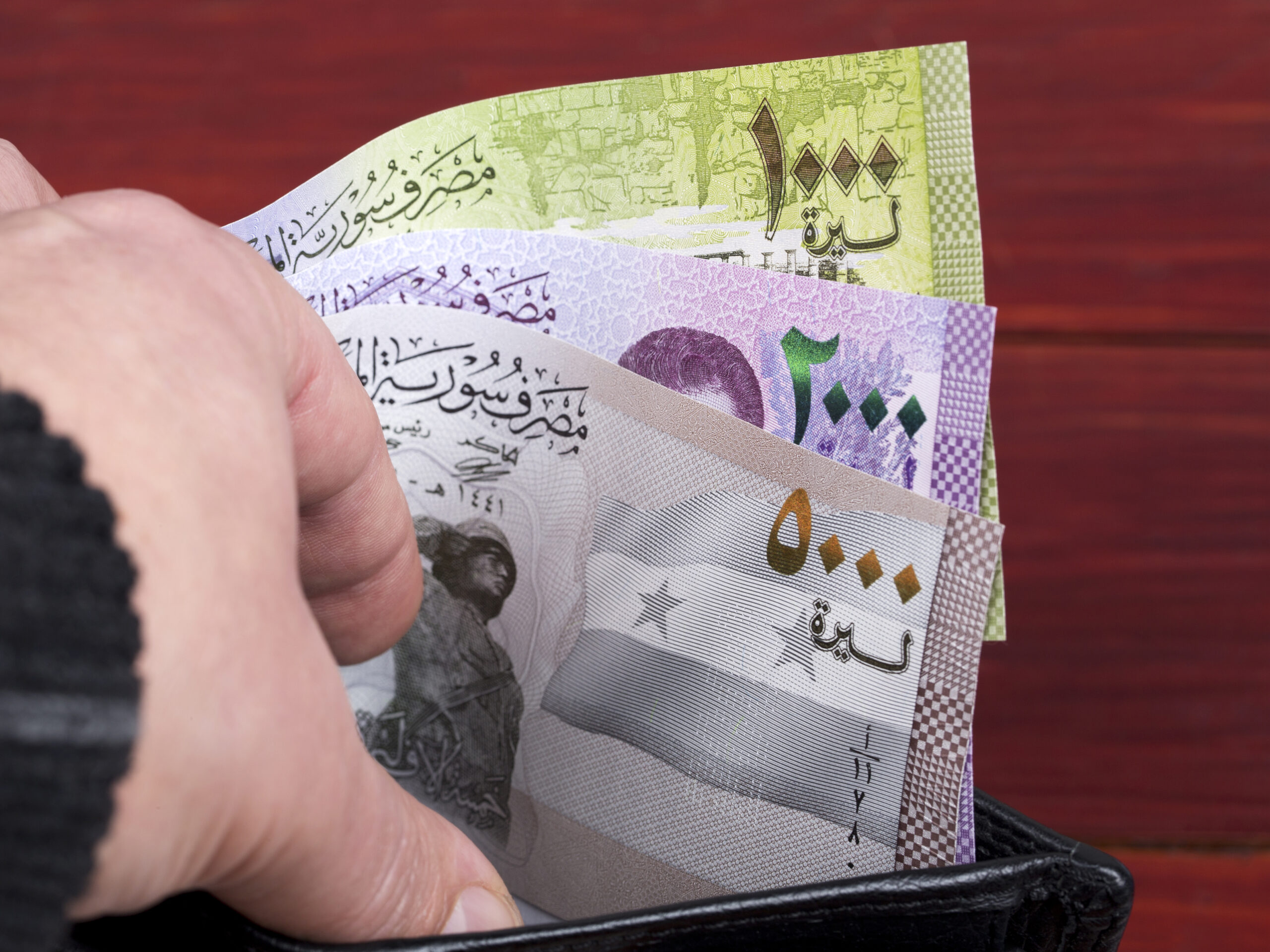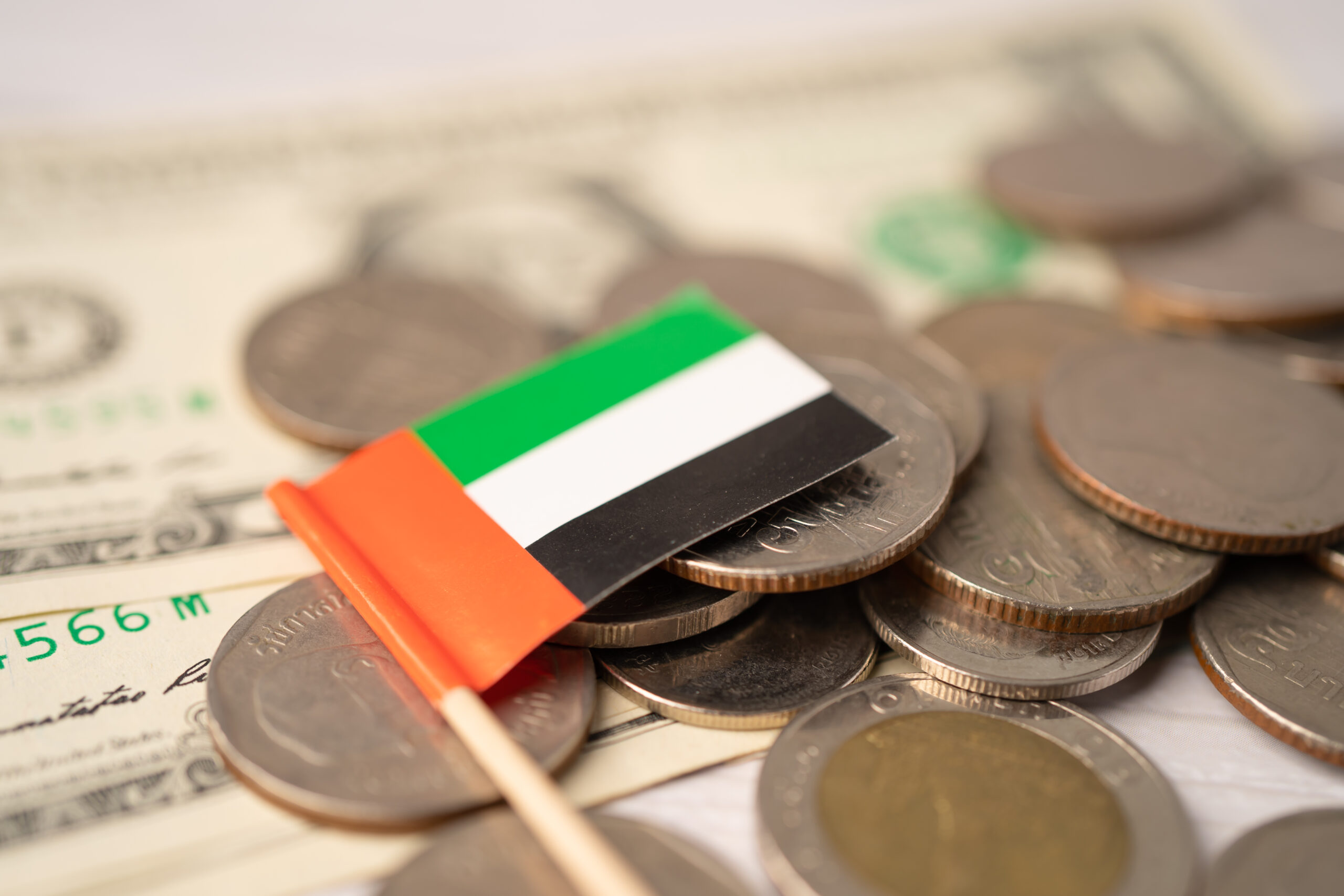Saudi Arabia, one of the world’s leading economies in the Middle East, has witnessed significant transformations in its labor market over recent years. With the Vision 2030 reform agenda in place, the country has taken strides to diversify its economy, enhance workforce productivity, and create more sustainable opportunities for its citizens and residents. One critical component of these efforts is the establishment and enforcement of minimum wage in KSA policies.
This blog delves into the minimum wage system in Saudi Arabia, its historical evolution, current structure, and its broader implications for workers, businesses, and the economy.
What is the Minimum Wage in Saudi Arabia?
The concept of a minimum wage ensures that employees receive a legally defined baseline salary for their work. In Saudi Arabia, the minimum wage primarily applies to Saudi nationals working in the private sector, governed by the Ministry of Human Resources and Social Development (MHRSD).
As of 2021, the minimum wage for Saudi citizens in the private sector was raised to SAR 4,000 (approximately USD 1,066) per month. This was a significant increase from the previous threshold of SAR 3,000 (approximately USD 800), which had been in place since 2013.
For foreign workers, however, there is no specific minimum wage, as the labor market operates on agreements made between employers and employees, regulated by labor laws. Employers are obligated to provide fair wages and comply with labor contracts, but no national minimum wage exists for expatriates.
The Evolution of Minimum Wage Policies in Saudi Arabia
1. Early Developments
Before the 21st century, Saudi Arabia lacked a formalized minimum wage structure. Wages were determined based on employer discretion, job demand, and market forces. However, with the rapid expansion of the private sector and the influx of expatriate workers, concerns about wage disparities and local workforce participation grew.
2. 2013 Reforms
The first official minimum wage policy was introduced in 2013, setting the bar at SAR 3,000 for Saudi nationals. This move aimed to encourage private sector companies to hire more Saudi citizens instead of relying predominantly on expatriate labor.
3. 2021 Update
In an effort to align with Vision 2030 goals, the minimum wage was increased to SAR 4,000 for Saudi nationals. This change sought to further incentivize local employment, improve income levels, and reduce reliance on government jobs.
Why Is There a Minimum Wage Gap for Expatriates?
Expatriates make up a significant portion of Saudi Arabia’s workforce, particularly in sectors such as construction, hospitality, and domestic services. Unlike Saudi nationals, expatriates do not benefit from a nationally mandated minimum wage. Instead, their wages are determined by individual contracts.
The absence of a universal minimum wage for expatriates is often attributed to:
- Market Competition: Companies seek to minimize costs in a competitive business environment.
- Varied Skill Levels: Expatriate workers range from highly skilled professionals to unskilled laborers, leading to significant wage disparities.
- Economic Pressures: Many expatriates accept lower wages due to better earning potential in Saudi Arabia compared to their home countries.
Despite the lack of a set minimum wage, expatriates are protected under Saudi labor laws, which ensure fair treatment, timely payment of salaries, and workplace safety.
The Role of Vision 2030 in Wage Policies
Saudi Arabia’s ambitious Vision 2030 program seeks to reduce dependence on oil revenues, promote economic diversification, and empower its workforce. Minimum wage policies play a crucial role in achieving these goals.
1. Encouraging Saudi Employment
The government has introduced Saudization (Nitaqat) programs, which mandate private companies to hire a specific percentage of Saudi nationals. Increasing the minimum wage for citizens makes private sector jobs more attractive compared to traditionally preferred government positions.
2. Reducing Income Inequality
Higher minimum wages help bridge the income gap between low-earning workers and those in higher-paying roles, contributing to a more equitable society.
3. Boosting Economic Growth
When workers earn higher wages, they have more disposable income to spend, which can stimulate local businesses and drive economic growth.
Challenges of Minimum Wage Implementation
While the increase in minimum wages for Saudi nationals has brought many benefits, it has also posed challenges:
1. Cost Pressures on Businesses
Small and medium enterprises (SMEs) often struggle to accommodate higher wage bills, particularly in sectors with tight profit margins. Some businesses may reduce hiring or resort to automation to manage costs.
2. Impact on Expatriate Workers
The absence of a minimum wage for expatriates can lead to wage suppression, especially for unskilled laborers. This disparity may result in dissatisfaction among expatriate workers and raise questions about fairness.
3. Potential for Job Cuts
To comply with minimum wage regulations, some companies may downsize their workforce, leading to higher unemployment rates in certain sectors.
Opportunities for Further Reform
Saudi Arabia’s minimum wage policy is a step in the right direction, but there are opportunities to build on its current framework:
1. Introducing a Minimum Wage for Expatriates
Implementing a fair minimum wage for expatriates, based on industry standards and job roles, could address wage disparities while ensuring businesses remain competitive.
2. Supporting SMEs
To ease the burden on small businesses, the government could provide subsidies or tax incentives to help offset the cost of higher wages.
3. Training and Upskilling Workers
Investing in workforce development programs can empower Saudi citizens and expatriates with the skills needed to transition into higher-paying roles.
4. Enhancing Enforcement Mechanisms
Strengthening the enforcement of wage policies and labor laws can protect workers’ rights and ensure compliance by employers.
Global Comparison: How Does Saudi Arabia Measure Up?
When compared to other countries, Saudi Arabia’s minimum wage policies reflect a focus on citizen employment while maintaining flexibility for expatriates. For instance:
- United Arab Emirates (UAE): The UAE does not have a minimum wage but relies on employment contracts to set fair wages.
- United States: Minimum wages vary by state, with a federal baseline of USD 7.25 per hour (approximately SAR 27).
- United Kingdom: The national minimum wage is based on age and ranges from GBP 5.28 to GBP 10.42 per hour (approximately SAR 24–47).
Saudi Arabia’s approach is unique in its dual system for citizens and expatriates, reflecting its labor market dynamics and Vision 2030 priorities.
Conclusion
The minimum wage in Saudi Arabia is a vital tool for promoting economic equity and fostering a sustainable workforce. By setting a baseline salary for Saudi nationals in the private sector, the government has taken steps to reduce income inequality, enhance workforce participation, and align with its Vision 2030 goals.
However, challenges remain, particularly regarding expatriate workers and the financial strain on businesses. As the Kingdom continues to evolve, further reforms in minimum wage policies could pave the way for a more inclusive and equitable labor market.
Ultimately, Saudi Arabia’s journey in shaping its minimum wage policies highlights the delicate balance between fostering economic growth, protecting worker rights, and supporting business competitiveness—a balance that will define the success of its ambitious vision for the future.








